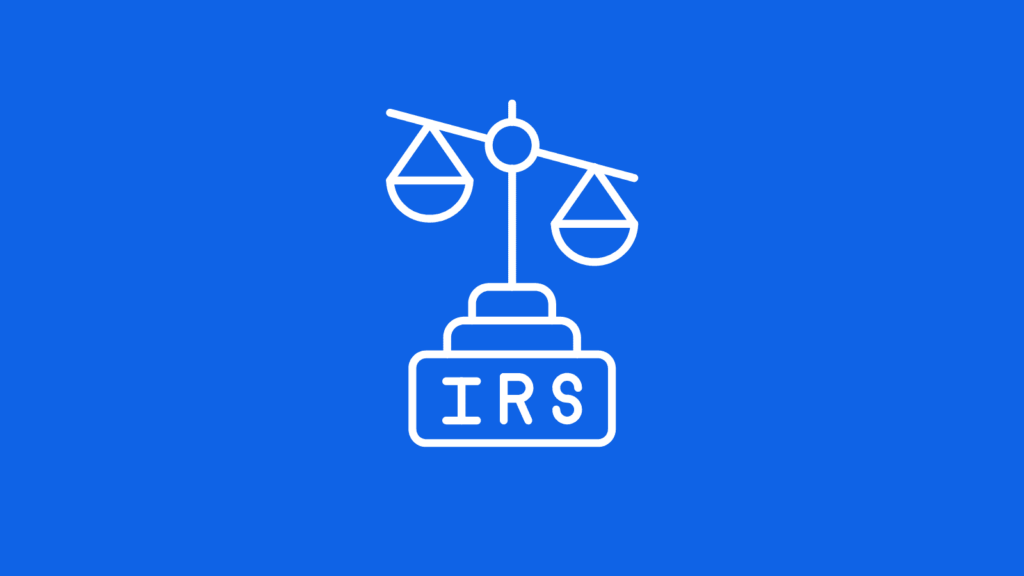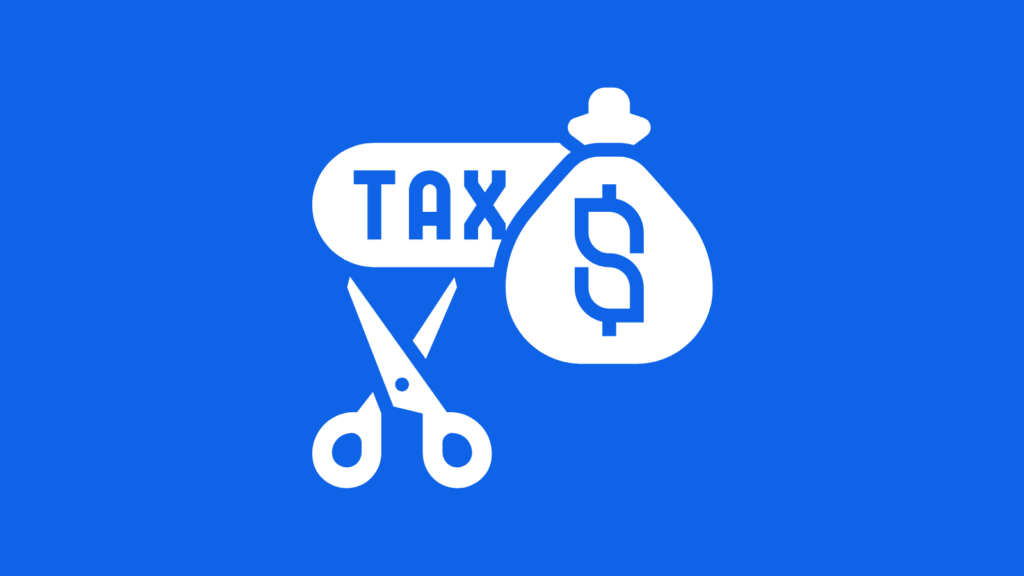Why Outsourcing Your Bookkeeping is a Great Idea
November 20, 2022

peakreliance
Accounting, Bookkeeping, Taxes
Being the head of a small-scale business, you spend the majority of your time overseeing daily operations. Performing a number of activities is likely a source of great pride for you, including the task of bookkeeping.
Performing these tasks singlehandedly might be a personal achievement for you as a business owner, however the task can quickly start to feel like a mountain of work after a busy work-day. This becomes even more daunting when you factor in other financial responsibilities like the mandatory tax filing deadline that needs to be met or the monthly bank reconciliation. Sooner than later, it’s better to start thinking of alternative ways of bookkeeping.
The Best Time to Hire a Bookkeeper
At the early stages of your business, it may make sense to manage bookkeeping by yourself, given that the client numbers and subsequent transactions would be at the tip of your fingers.
The key is to know at what point must you begin looking for a professional bookkeeper. The following conditions might help you as a guide in reaching that decision within a good time-frame.
- Unlike before, book management takes up more and more of your time.
- Profit margins, cash flow and expense calculations and records are pending and there is minimal clarity on finances.
- Like clockwork, this leads to a barrier against your ability to make important business decisions since you don’t know the clear financial standing of the company.
- Inevitably, without proper records, you struggle in doing your income taxes.
When this becomes a norm and your finances are all over the place, it is imperative to start looking for a professional bookkeeper or an accountant.
Fortunately, there are a number of ways to get around this, otherwise messy, task of bookkeeping. The following are some of these ways:
DIY Accounting Software
If you feel that you must do the bookkeeping yourself, there’s good news. There are plenty of accounting software options which provide tools that help you lay out and manage incomes and expenses along with generating financial statements for you. Of course, learning how to use accounting software can be a challenge in itself, and your first couple of entries may include errors, thus wasting your efforts without expert oversight.
In-House Bookkeeping
When your bookkeeping becomes a job itself, your best bet might be to just hire an in-house bookkeeper; an employee who will take care of all that financial workload without you having to worry.
The costs of that do come along, however, as not all small businesses can afford personal bookkeepers. You would need to provide office space for your new employee, along with a computer to work on. We haven’t even mentioned the mandatory holidays and medical insurance that will have to be ensured for the bookkeeper, along with retirement perks. A cost-benefit analysis will have to be done before you, as a small business, make this decision.
Accounting Services
Large businesses often hire accountants or CPAs that help them in navigating with taxes, business planning, strategic financial decisions and forecasting.
However, if all you require is bookkeeping assistance, an accounting firm might not be the best choice. In general, bookkeepers are more involved in administrative tasks, whereas accountants provide knowledgeable strategic help. They can manage your books, of course, but that knowledge frequently comes at a price that a small business might not be able to afford.
Outsourced bookkeeping
You may get professional support without having to hire a full-time staff by using outsourced accounting services, which are frequently the ideal middle ground between DIY and in-house bookkeeping.
All of your bookkeeping needs can be met by the knowledgeable professionals at outsourced bookkeeping services. They’ll manage all of your accounts payable, receivable, and credit card transaction entries as well as the preparation of your financial reports, including balance sheets.
-
Save staffing and payroll costs
You would wind up spending more on insurance, perks, and training if you hire a bookkeeper. Even if your internal bookkeeper is working on part-time basis, it wouldn’t save you from high payroll expenses given that employment taxes will have to be paid.
When you outsource your bookkeeping, whether on a weekly or monthly basis, you only pay for the job that is accomplished. By doing this, you might avoid paying a staff bookkeeper who might work longer hours between busy seasons.
-
Access a pool of experts and resources
An internal bookkeeper frequently works alone, which may see them running into unexpected delays, leaving them helpless without the help of necessary resources to seek help from. Additionally, they can lack the expertise needed to modify bookkeeping systems to accommodate additions and modifications you make to your company.
When you outsource your bookkeeping to a trustworthy company, you get access to a larger knowledge base of seasoned financial professionals. An outsourced bookkeeper is more likely to keep up with state and federal regulatory changes that could affect your company now or in the future because they frequently manage the books for a range of clients.
-
More time to focus on your business
Often, small business owners learn the hard way how time-consuming and difficult bookkeeping is. In fact, the average small business owner puts in a full day’s worth of labor keeping their books each month. You can focus on expanding your company once you have outsourced this duty.
-
Enjoy a stress-free tax season
It is a blessing to be on top of the game long before the tax filing deadlines approach. Having an accurate record maintained and having the satisfaction of a stress-free audit in case IRS decides to carry it out is completely worth the cost you will be paying to an outsourced accountant.
-
Take advantage of the latest technology
Since an outsourced bookkeeper’s career depends on maintaining effective procedures, they are more likely to make technology investments to speed up their job and ensure the accuracy of your data. The majority of outsourced bookkeepers utilize systems that automatically import transactions, necessitating less input on your part as the business owner. Without needing statements or receipts from you, your bookkeeper can organize and reconcile your books. Many also use cloud-based platforms like FreshBooks, Xero etc., which make it safe and simple to access your information from any device, at any given time and place.
-
Scale your books with your business
Your organization will require additional bookkeeping assistance as it expands. Recruiting and educating a second bookkeeper increases payroll expenses significantly and reduces your profit margins.
What happens if your business experiences stagnation? The bookkeeper on your staff continues to get paid while working less and still obtaining the same benefits. Even with less money flowing in, your obligation to pay employee taxes stays the same. Outsourced bookkeeping services are adaptable and simple to scale to changes in your company’s requirements. This is especially practical if your business is seasonal because the service is flexible enough to meet your demands.
Post Tags :
Accounting, Bookkeeper, Bookkeping, Online CPA, Outsource Bookkeeping
About Us
Empowering small businesses and individuals with efficient and reliable bookkeeping & tax services.













